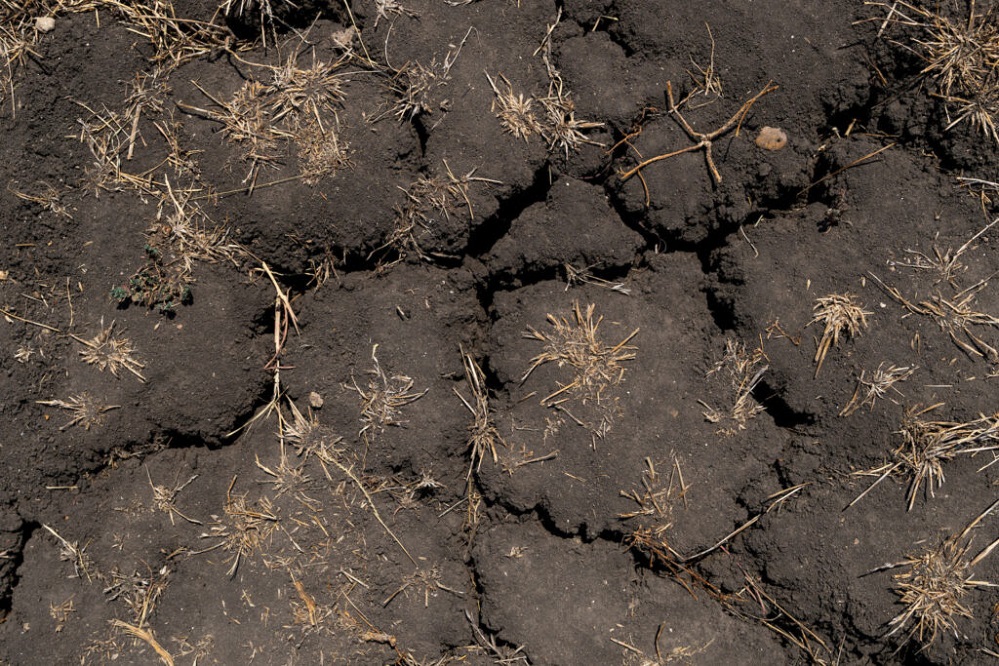April 15, 2024 – Soil testing is crucial for understanding the health and fertility of your soil. It involves collecting samples from different areas of your property and sending them to a lab for analysis. The results will provide information on nutrient levels, pH balance, organic matter content, and recommendations for any necessary amendments to improve soil quality and plant growth.
For soil testing through Texas A&M AgriLife Extension, you’ll typically need to collect a soil sample and send it to their soil testing lab. You can find detailed instructions on their website or by contacting the Hopkins County Extension Office located at 1200B Houston Street in Sulphur Springs. We can provide information on how to collect the sample and where to send it for analysis.
Soil tests can be used to estimate the kinds and amounts of soil nutrients available to plants. They also can be used as aids in determining fertilizer needs. Properly conducted soil sampling and testing can be cost-effective indicators of the types and amounts of fertilizer and lime needed to improve crop yield.
The effects of adding a fertilizer often depend on the level of nutrients already present in the soil If a soil is very low in a particular nutrient, yield will probably be increased if that nutrient is added. By comparison, if the soil has high initial nutrient levels, fertilization will result in little, if any, increase in yield.
For more information on this or any other agricultural topic please contact the Hopkins County Extension Office at 903-885-3443 or email me at [email protected].







